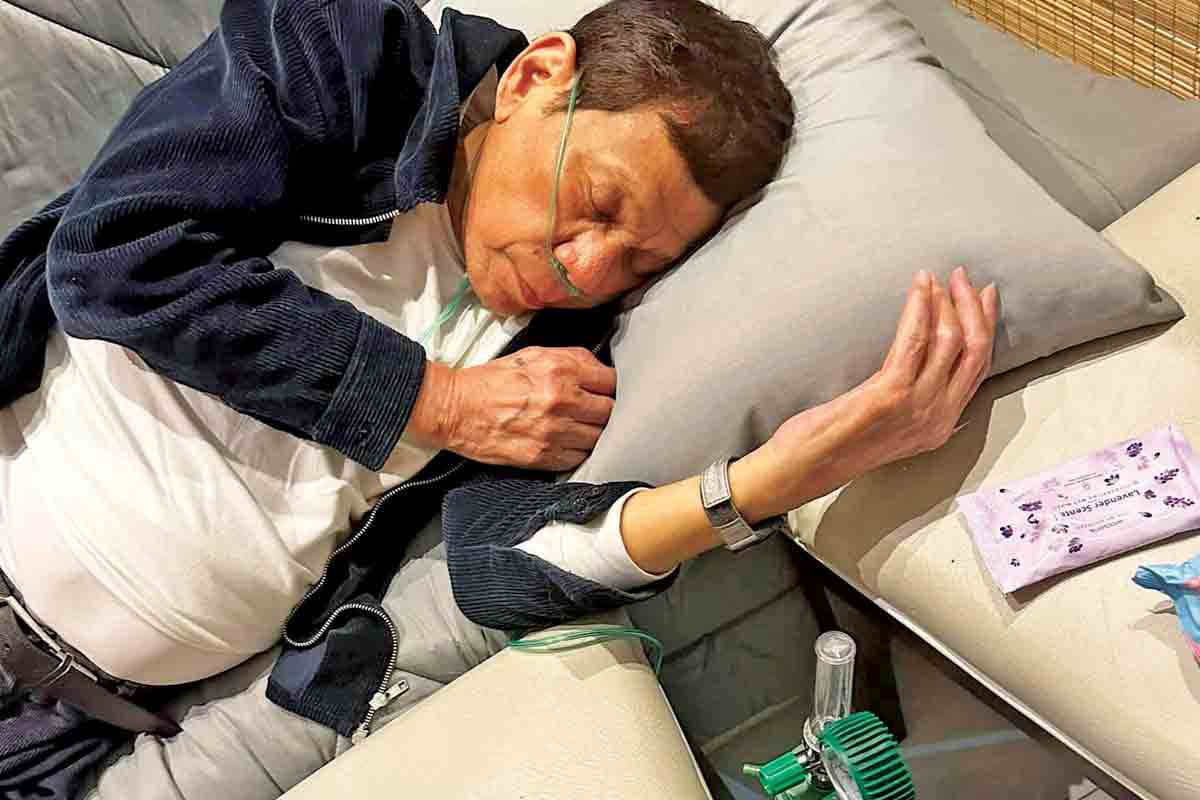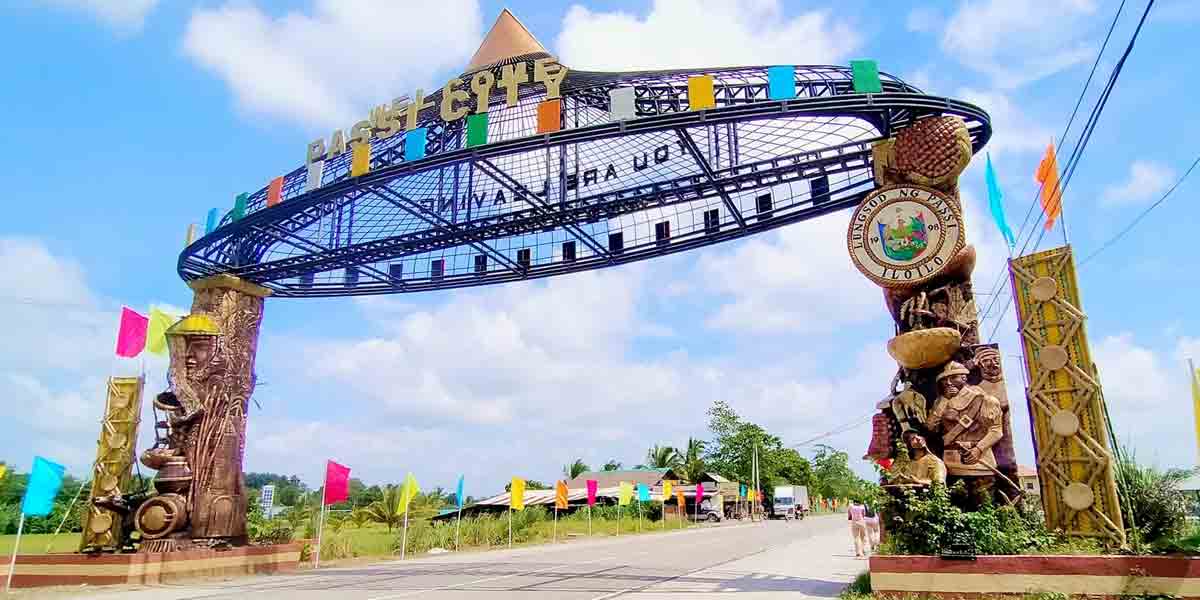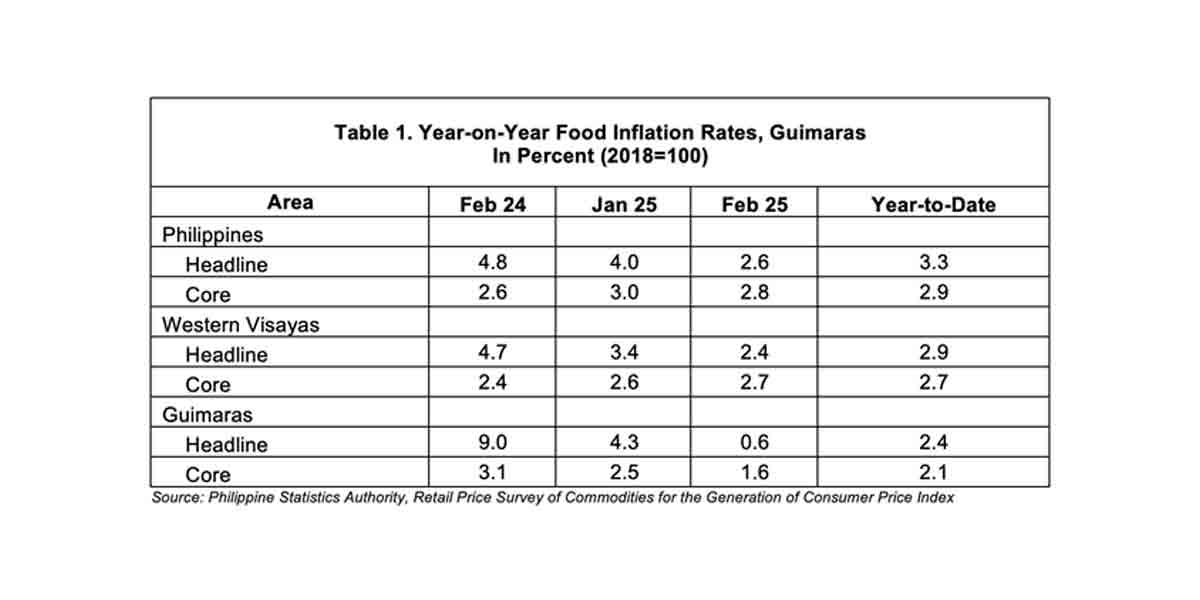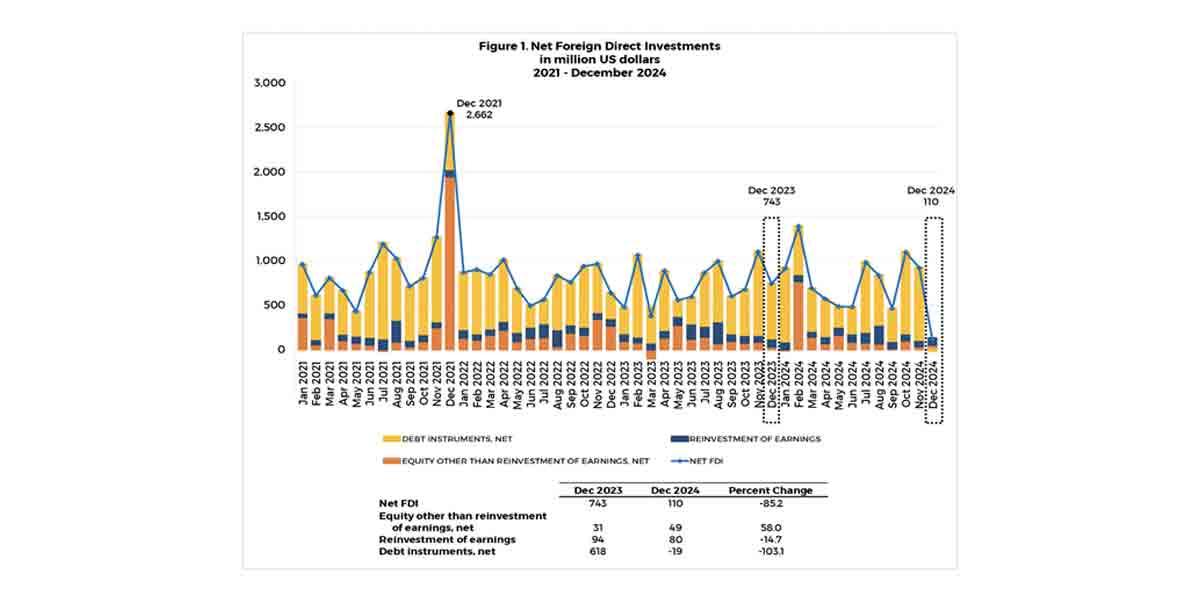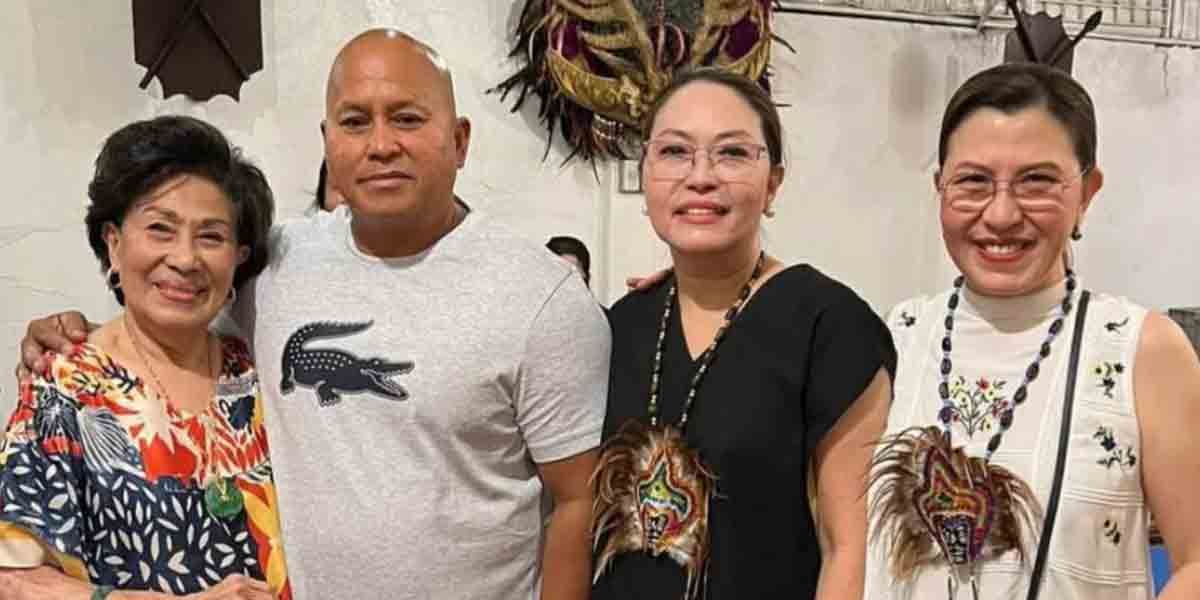By Alex P. Vidal
“Journalism without a moral position is impossible. Every journalist is a moralist. It’s absolutely unavoidable.”—Marguerite Duras
I DON’T know press freedom martyr Percival “Percy Lapid” Mabasa, 63, from Adam, but I became misty eyed when I learned on Monday (October 3) night that he was murdered by the notorious riding in tandem killers in Las Pinas City in the Philippines.
I was inside my favorite Starbucks coffeehouse at Rego Park in Queens Boulevard when I read the news on line at around six o’clock in the evening (October 4 and six o’clock in the morning in the Philippines).
I had no idea how the left temple of my reading glasses was broken. I had to write a story about the shocking news without my reading glasses.
Murder, again? It’s a never-ending story, I told myself. Another brazen killing of a journalist in the Philippines. Nakakasawa na.
My initial reaction was a mix feeling of disbelief and frustration that another comrade has fallen from the anarchists.
I grieved because I have high regards for this profession; I dreaded the loss of a true servant of the people, an important human life.
Telling the truth no matter who gets hurt, making adversarial commentaries, and exposing the dolts and scoundrels in government and society isn’t easy, but is intrinsically self rewarding.
It starts from the heart. We must be passionate, committed, and learn to love what we are doing to stay afloat.
-o0o-
Like Mabasa, we also strive to maintain our independence and avoid being beholden to any political, religious and economic interest.
We can’t hope to freely “fiscalize” or reform the society if there are strings from wheeler dealers that pull us like puppets.
I grieved because I know Mabasa was a principled journalist.
I know what is a bad and a good journalist; we lost not only a good one, but one of the bravest and dedicated in the industry.
When a good cop or soldier died in line of duty, his colleagues grieved like Marc Antony when he grieved over Caesar’s murder.
The feisty broadcaster must have angered so many wicked characters in society with his gung-ho style of admonishment in his radio program on DWBL 1242 called “Lapid Fire” proven to be effective based on the reactions of the netizens and his growing popularity nationwide.
The masterminds of his murder must have grown insecure and nervous of their own downfall if Mabasa wasn’t silenced.
When graft and corruption and other forms of anomalous transactions involving the taxpayers money is prevalent in a certain government office, those who stand to lose a lot in terms of opportunities to earn kickbacks and to have access in the cookie jars and bidding contracts are the ones who are always motivated to commit murder.
-o0o-
As a fledgling reporter after the EDSA Revolution, I have heard two horrifying murder events involving Iloilo’s most hard-hitting radio commentators: Josef Aldeguer Nava of dyRP Radyo Tagring on October 30, 1988 and Severino “Rino” Arcones of dyFM Bombo Radyo on October 17, 1989.
I rushed to the Don Benito Lopez Memorial Hospital in Jaro at past seven o’clock in the morning and saw our colleague, Bombo Radyo reporter Allyn Joy Defensor, screaming at the top of her voice while embracing Arcones’ dead body covered by a white blanket soaked with blood in the morgue.
The scene was horrific; it could traumatize anyone wishing to become a successful media practitioner. It could send any wet-behind-the-ears reporter packing to abscond the media profession.
Since then, the list of our media colleagues who fell from assassins’ bullets and other forms of violent attacks increased like a glossary of
funeral prayers.
Our life as journalists is unpredictable. Now you hear, read and watch us deliver news and commentaries. Tomorrow, some of us are murdered in cold-blood—unless we change profession and permanently leave and say goodbye to the most glamorous job on earth.
(The author, who is now based in New York City, used to be the editor of two local dailies in Iloilo.—Ed)
